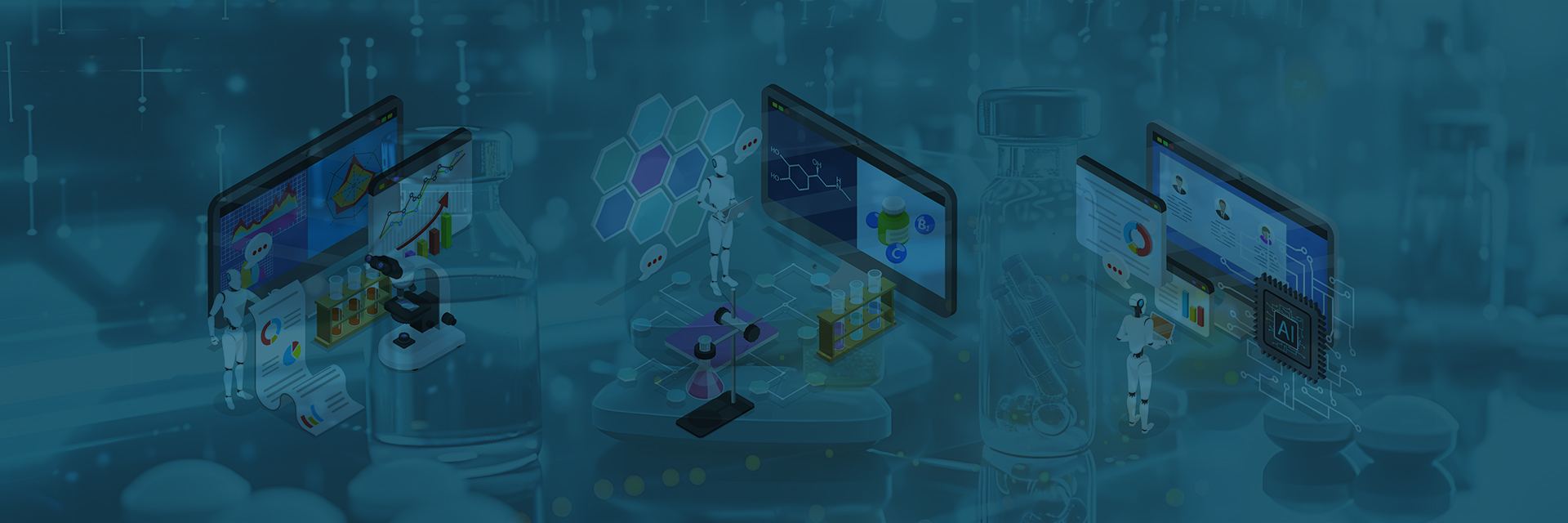Smarter Pharma Training: How eLearning is Revolutioninzing the Life Sciences Workforce
The pharmaceutical industry plays a crucial role in the global economy, employing millions of people who contribute to the success of drug manufacturing companies. These employees need proper training to keep up with the industry’s changing demands and improve performance. But how can companies deliver effective, up-to-date training without overwhelming their budgets? The answer: eLearning. Curious about how it’s reshaping pharma? Let’s dive in.
Key Challenges in the Pharmaceutical Industry
- A significant lack of qualified trainers.( Shortage of skilled trainers)
- The quick introduction of new drugs to the market.
- The changing responsibilities of medical representatives in an evolving healthcare market
- There is an increasing/growing need for compliance training as companies expand globally.
- Increasing demand for optimising the impact of training investments.( Pressure to ensure training investments deliver maximum returns)
How eLearning is Overcoming Challenges and Changing Pharma Training
As the pharmaceutical sector faces increasing challenges, eLearning is stepping up to offer a solution. Let us see how online learning is changing the way pharmaceutical companies approach training.
Overcoming the Trainer Shortage
Finding a qualified trainer with the right experience can be a challenge. Here is where e-learning shines. It removes the need for in-person instructors by providing high-quality, instructor-independent training programs.
For instance, a carefully crafted course on new drug-modelling software can provide all the essential knowledge and skills without waiting for an expert-led session. Plus, eLearning guarantees consistency in training quality, something that can be hard to maintain with instructor-led sessions.
Quick Course Updates for Fast-Paced Product Launches
Speed is everything in pharma. As new drugs hit the market, companies must keep their teams updated. eLearning allows for rapid updates and deployment of training materials, ensuring employees are always informed and ready—no time wasted, no crucial knowledge overlooked.
Adapting to the Changing Role of Medical Representatives
The role of medical representatives is changing. They are no longer just salespeople; they are now specialists catering to diverse medical fields. As this change takes place, eLearning provides the perfect solution to help reps gain expertise in specific medical specialities. Short, mobile-compatible online courses make it easy for them to learn complex concepts at their own pace. And with just-in-time training, medical representatives have the flexibility to access the information they need whenever they need it.
Streamlining Compliance Training for Global Workspace
As pharmaceutical companies expand globally, compliance training becomes increasingly complex. However, eLearning simplifies this by offering flexible, multilingual courses that cater to diverse regulations across different regions. Whether it’s Good Manufacturing Practices (GMP), Good Clinical Practices (GCP), or Intellectual Property Rights (IPR), online courses can break down complex regulations into bite-sized, easy-to-understand modules. With eLearning, companies’ training becomes more efficient, engaging, and accessible to all employees, regardless of their locations.
Maximizing Training ROI
Training can be costly, especially when it involves travel, in-person sessions, and multiple trainers. eLearning eliminates most of these expenses. Once a course is developed, it can be reused as many times as needed indefinitely. This lets you train employees across your organization without incurring additional costs. The best part? Employees can complete their training on their schedule, which means they won’t need to take time away from their work. This flexibility results in significant savings while maintaining high-quality training.
Fostering Self-Directed Learning for Growth
eLearning allows employees to guide their own learning experience. They can access training modules whenever they need, whether during a break, at home, or in between tasks. This self-paced learning model encourages personal growth and accountability, helping employees develop critical skills while managing their workloads effectively. It empowers them to take charge of their development without the constraints of traditional training schedules.
The Future of Pharmaceutical eLearning: Key Trends to Watch
eLearning is advancing rapidly, and its impact on the pharmaceutical industry is growing. Here are some exciting trends that will shape the future of eLearning in pharma:
Augmented and Virtual Reality (AR/VR)
AR and VR offer realistic simulations, enabling learners to refine their skills in a safe and cost-effective setting. It’s a more effective way to train staff without the need for expensive physical setups.
Artificial Intelligence and Machine Learning
AI and ML will revolutionise pharma eLearning. These technologies can personalise training, offer real-time feedback, and adapt courses to fit individual learning styles.
Gamification
Incorporating elements such as points and leaderboards makes the learning experience more interactive and engaging. Gamified learning makes the process fun and educational for all ages.
Final Thoughts
eLearning is not just a trend—it’s a game changer for the pharmaceutical industry. It bridges the skills gap, accelerates product knowledge, ensures compliance, and empowers a dynamic, self-motivated workforce. Ready to future-proof your training programs? The future of pharma training is just a click away!
https://blog.commlabindia.com/elearning-design/reasons-to-use-elearning-in-pharmaceutical-industry
https://viseven.com/elearning-for-pharma-digital-transformation-requires-in-house-talents/
https://www.scilife.io/blog/employee-training-pharma





